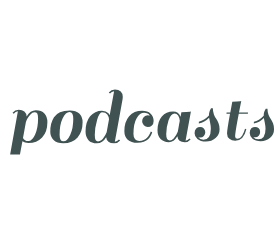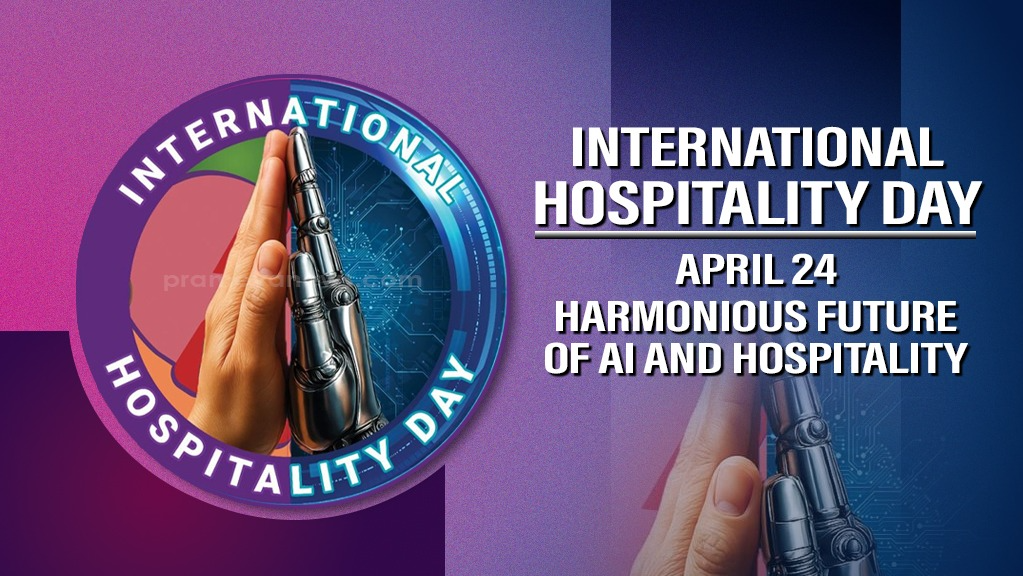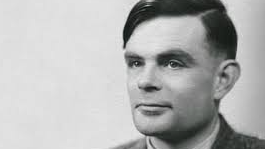For coffee enthusiasts, the statistics might be sobering. According to recent research from the National Coffee Association, the average American coffee drinker consumes 3.1 cups daily, but an estimated 22% regularly drink five or more cups. While those numbers might not seem alarming, the caffeine content tells a different story.
"Most people don't realize that a standard 8-ounce cup of coffee contains about 95mg of caffeine, but many commercial coffees come in 16 or even 20-ounce servings," explains Dr. Elena Ramirez, neurologist and sleep specialist at Pacific Medical Center. "That means your 'one cup' could actually deliver 190-240mg of caffeine – nearly half the daily recommended maximum in one go."
Health authorities generally suggest limiting caffeine intake to 400mg daily – roughly equivalent to four small cups of home-brewed coffee. Beyond this threshold, the risks begin to outweigh the benefits.
When Your Body Sends Warning Signals
Tyler Chen, a 34-year-old software developer, learned this lesson the hard way. "I was drinking coffee all day – my morning Americano, then a cold brew at lunch, espresso in the afternoon, and sometimes another cup while coding at night," he recounts. "I didn't connect the dots between my racing heart, insomnia, and the anxiety attacks I started experiencing during meetings."
Chen's symptoms represent classic signs of caffeine overconsumption: jitteriness, heart palpitations, heightened anxiety, digestive disturbances, and disrupted sleep patterns. More severe cases can manifest as "caffeine intoxication," a recognized condition in the Diagnostic and Statistical Manual of Mental Disorders characterized by restlessness, nervousness, excitement, insomnia, flushed face, diuresis, and gastrointestinal disturbance.
Individual Tolerance: The Wild Card
What complicates the coffee equation is that caffeine tolerance varies dramatically between individuals. Genetics plays a surprising role in how quickly your body metabolizes caffeine, with variants in the CYP1A2 gene creating significant differences in processing speed.
"Some people can drink coffee right before bed and sleep perfectly fine, while others feel jittery from half a cup," notes Dr. Ramirez. "Your genetic makeup determines whether you're a fast or slow metabolizer, which significantly impacts your personal caffeine threshold."
Age, body weight, medications, and even hormonal status can further influence how your body responds to caffeine. Women often metabolize caffeine more slowly during pregnancy or while taking hormonal contraceptives, effectively doubling the stimulant's impact.
Finding Your Personal Coffee Ceiling
So how do you determine your own coffee limit? Experts suggest a personalized approach:
First, track your actual consumption for a week, noting both quantity and timing. Many people underestimate their intake by forgetting about other caffeine sources like tea, chocolate, and some medications.
Next, pay attention to your body's signals. Lisa Thorpe, registered dietitian and nutritional counselor, recommends monitoring your sleep quality and mood patterns. "If you're having trouble falling asleep, experiencing acid reflux, feeling anxious, or noticing heart palpitations, these are clear signs you've exceeded your personal threshold," she advises.
For those dependent on coffee's energizing effects, experts recommend strategic consumption rather than simply cutting back. "Time your coffee intake for when you truly need it, like during the mid-afternoon slump, rather than drinking it habitually throughout the day," suggests Thorpe. "And always respect the eight-hour window before bedtime – caffeine has a half-life of 5-6 hours, meaning half the caffeine is still in your system that many hours later."
The Balanced Approach
The good news? You probably don't need to abandon your beloved brew entirely. Coffee consumption in moderation offers legitimate health benefits, including reduced risk of Parkinson's disease, type 2 diabetes, and certain liver conditions.
The key is mindfulness – transforming coffee from an automatic habit to a conscious choice. By understanding your personal limits and respecting coffee's powerful pharmacological effects, you can maintain a healthier relationship with one of the world's most popular beverages.
















































